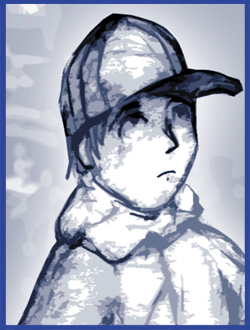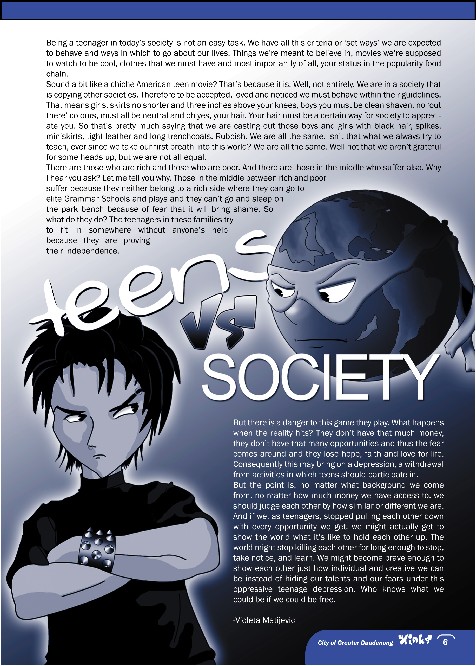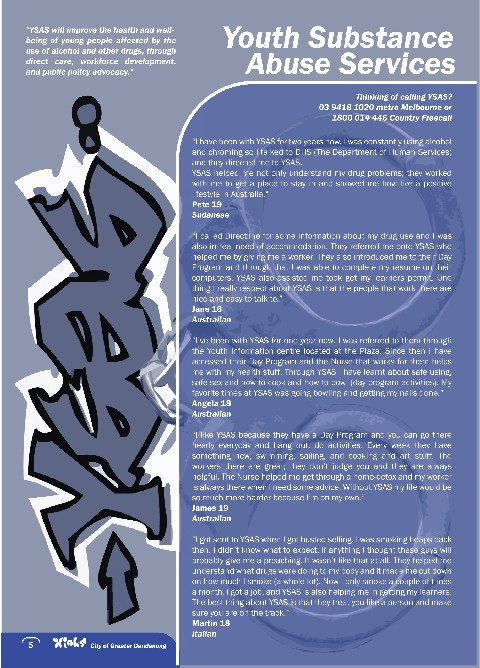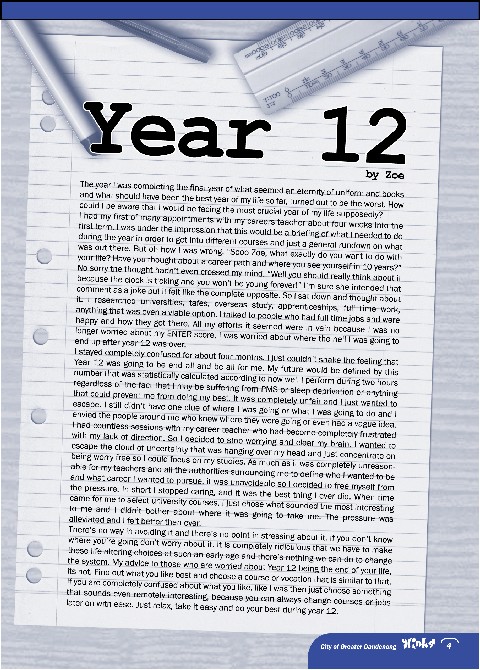



Depression
Depression is a term used to describe a feeling of unhappiness or distress following an unpleasant life event. Depression in these cases is very much a normal response to have and these feeling are usually short-lived without any need for treatment. In contrast, Depressive Illness is much more severe and is a prolonged condition, with symptoms such as persistent sadness, negativity and difficulty coping with everyday issues.

Top Stories...



The question in often asked, “What is the difference between having a Depressive Illness and unhappiness?” Stressful times or things going wrong in our lives can cause both conditions. However, with unhappiness you can put your sad feeling aside for periods of time and they usually don’t affect your memory or concentration. Where as Depressive Illness isn’t simply having sad feelings for a short period of time after experiencing an unpleasant event, but it’s a chemical change which takes over your mind. This chemical change blocks you from thinking positively and working out solutions to your problems. Instead you think negatively about everything in your life and about yourself and the chemical imbalance convinces you that there is no hope of things getting better. When suffering from Depressive Illness, minor things in their own way seem to be major disasters.
Factors that increase the risk of developing Depressive Illness
when faced with stress include:
1. Not communicating frequently with a partner or friends.
2. Multiple demands on your time, leaving too little time to relax.
3. Certain personality characteristics such as anxiousness, worrying
easily, lack of self-
confidence, difficulty being assertive and perfectionism.
4. Having fragile biochemistry either due to genetic factors or
as a result of viral infections, medical illness
or recent childbirth.
5. Taking excessive amounts of depressive drugs like alcohol or
marijuana.
Depressive Illness is similar to cancer in many ways. No one is immune from either, regardless of age, sex, intelligence, social status, etc. In severe cases, the condition can be life threatening. Early, intensive and occasionally prolonged treatment gives the best chance of total recovery, and reduces the risk of relapse. A combination of your own efforts and appropriate medication will produce much better results than trying to use either approach on it’s own.
- article submitted by Michael McGrath.

Site is Copyright and © Youth Participatory Leadership Program (YPLP), 2005
Site design by Raymond J. Taylor - Freelance Design
